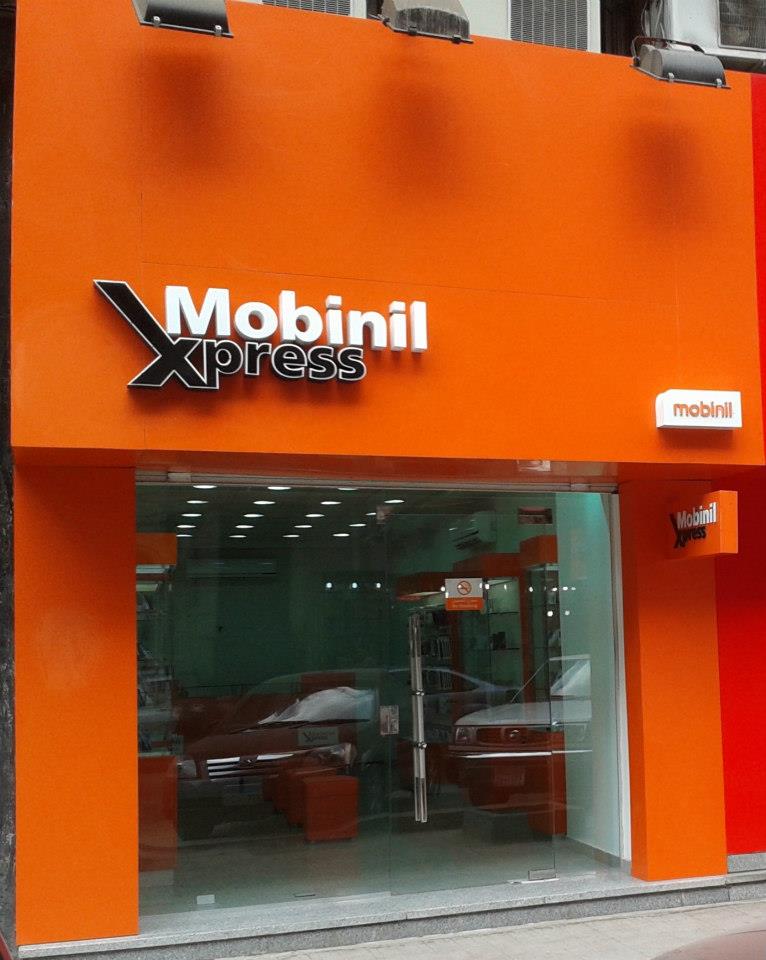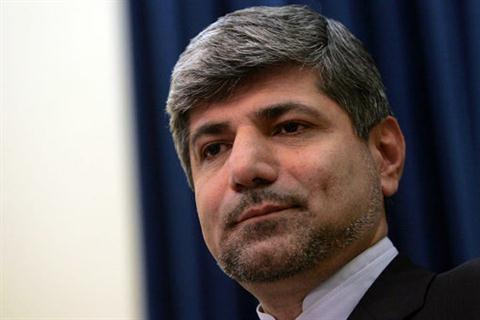Nigeria’s oil-dependent economy is under siege from militants who are targeting oil and gas installations in the Niger Delta. President Muhammadu Buhari is to make his first visit to the region this week.
Nigerian President Muhammadu Buhari announced his visit to the southern oil producing region as a new militant group, Niger Delta Avengers, issued a warning to oil firms in the region that “their facilities and personnel will bear the brunt of our fury.”
The group has been blowing up oil and gas pipelines in the region after seven years of relative peace in the oil producing region.
“It is going to bloody this time round,” the group said in a statement on Monday (30.05.2016) without elaborating.
Residents in the Niger Delta, where oil giants such as Royal Dutch Shell and Chevron operate, have complained for years about pollution by the oil industry and economic marginalization by the government.
Some have taken up arms, and a surge in attacks on installations has cut Nigeria’s oil output by nearly a half sending oil production to a 20-year low.
“The Niger Delta Avengers has managed within a very short space of time to reduce Nigeria’s oil exports from 2.2 million to about 1.4 million barrels a day,” Sylvester Odion Akhaine, political economist at Lagos State University, told DW.
Akhaine said the government seemed to have no means of stopping the Niger Delta Avengers.
However, Nigeria’s Vanguard newspaper reported on Tuesday that the government “had deployed an armada of five warships, 100 gunboats and fighter jets to the creeks of the Niger Delta in repsonse to the continued bombing of oil and gas pipelines by Niger Delta Avengers.”
Weekend clashes
Over the weekend, soldiers fired on speedboats believed to be carrying Niger Delta militants preparing to strike oil installations. Army spokesman Colonel Sani Kukasheka Usman said they had killed or wounded an unknown number of them.
However, a community group, the Ijaw Youth Council, has accused soldiers of firing on a speedboat trying to evacuate civilians wounded in a military siege of Oporoza, a town which can only be reached by water or air.
The Niger Delta Avengers are demanding autonomy and a greater share in the oil wealth for the local population.
But the militant attacks on installations appear themselves to be contributing to the very pollution which activists are trying to contain. One local resident local resident from Forcados, where several pipelines were hit, told DW that the spills from the attacks had “crippled economic activities. People cannot even go fishing, the rivers where they drink from is contaminated.”
In a televised speech on Sunday (29.05.2016) President Buhari said the militant attacks “will not distract us from engaging leaders in the region in addressing Niger Delta problems.”
North-south divide
Buhari’s visit is scheduled to start on Thursday. The president, a Muslim from the north, would be making his first trip to the Niger Delta region in the predominantly Christian south.
The military have not provided any casualty figures for clashes with the militants, but local residents have reported the deaths of at least 10 army and navy personnel and about 30 police officers this year.
One Nigerian government spokesman, who asked not to be named, said Buhari would be visiting Ogoniland. The Ogoni are among the most traumatized Nigerians suffering from oil pollution. Rights activists say they have been exposed to pollution levels that would never be allowed in the home countries of the multinationals that operate in Africa’s biggest economy in joint partnerships with the Nigerian government.
Peaceful Ogoni protests in the 1990s were attacked by troops who turned the south into a war zone. Human rights activist and writer Ken Saro-Wiwa and eight other Ogoni leaders were executed by a military government in 1995.
The rights group Amnesty International said on Tuesday there were at least 130 oil spills from operations by Shell in 2015. The multinational oil giant “must not be allowed to palm off its responsiblity to clean up decades of oil pollution,” Amnesty said.
Sam Olukoya in Lagos contributed to this article.




